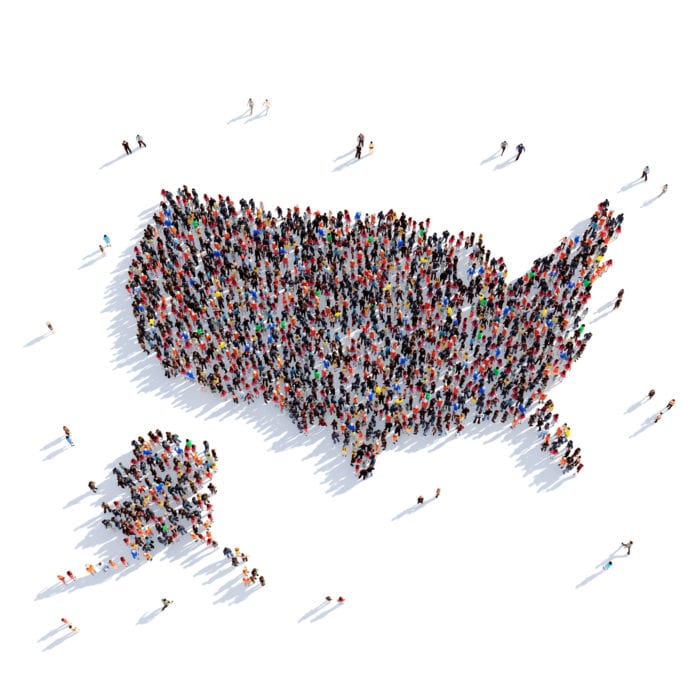North Dakota is a bright spot for the rural mobile video experience
The best mobile video experience in the U.S. happens in a cluster in the northeast, according to OpenSignal.
That cluster includes the states of Massachusetts, Connecticut, New Jersey and Maryland, as well as the District of Columbia, with D.C. topping the others just slightly in OpenSignal’s metric. New Jersey is the leading state for good mobile video, by OpenSignal’s reckoning.
The benchmarking company, which relies on crowd-sourced data from millions of end-user devices, launched its new mobile video metric in September to provide greater insight into video traffic — which is an increasingly important part of the customer experience. Video is expected to make up more than 75% of global mobile data traffic by 2020, according to Cisco, and users are watching more long-form videos on their mobile devices, rather than brief clips.
Brendan Gill, CEO and co-founder of OpenSignal, told RCR Wireless News in September that to determine its metric, OpenSignal uses video streaming from major providers such as YouTube and Akamai, and then measures a series of parameters related to the video viewing experience: loading time, buffering rates, picture quality; the resolution, the bit rate and the codec used, among other things. All of the factors are condensed into a single score based on an International Telecommunications Union methodology for assessing video user experience, to become a “concise summary of exactly what the video experience is for the typical user.”
However, OpenSignal noted that even the scores of the highest-ranked states still only made it into their “fair” range, with a composite score between 40-55 — not all the way to a “good” rating, which was a score of 55-65. (Most of the states across the country consistently ranked in that “fair” category.)
“No state managed to hoist itself into a Good rating for video experience, and in fact, 47 of the 48 states, as well as the District of Columbia, all stayed within the same Fair category as the national score,” OpenSignal’s Kevin Fitchard noted in a blog entry breaking down the data. “But within that range there was a lot of variation. Massachusetts, Connecticut, New Jersey, Maryland and D.C. formed a tight cluster of states all scoring above 50 in overall video experience.”
OpenSignal offered some rationale for that cluster, noting that the area is part of the most densely populated part of the country.
“Operators tend to focus network and capacity upgrades on cities, meaning highly urbanized states like those in the Mid-Atlantic and lower New England will often see boosts in speeds, improvements in latency and other new service enhancements before the rest of the country,” Fitchard wrote. “What’s more, the states are all geographically small with urban areas tightly clustered together.
However, that didn’t fully explain what’s going on in North Dakota — which is large and rural and does not have a major urban center, yet managed to eke out a composite score just above 50 in OpenSignal’s testing.
“The Peace Garden State is a bit of an anomaly in many of our metrics,” Fitchard wrote. “Despite its extremely rural makeup and lack of a major U.S. population center, North Dakota scored highly in in our state speed analysis in overall download and it ranked 2nd in upload speed. Those same high marks applied to video experience, suggesting that the investment in mobile broadband in North Dakota is notably high.”


